
DMR stands for Digital Mobile Radio and is an international standard that has been defined for two-way radios. The DMR standard allows equipment developed by different manufacturers to operate together on the same network for all the functions defined within the standard.
The aim of the DMR standard was to create a digital radio system with low complexity and low cost that still allows for equipment from different manufacturers to work together, allowing users to shop around rather than being locked into a proprietary system which would be costly to replace and maintain.
You can find us TGIF(31226), FreeDmr(31226), QRM(31226), No longer support BM(312296)
D-STAR (Digital Smart Technologies for Amateur Radio) is a digital voice and data protocol specification for amateur radio. The system was developed in the late 1990s by the Japan Amateur Radio League and uses minimum-shift keying in its packet-based standard. There are other digital modes that have been adapted for use by amateurs, but D-STAR was the first that was designed specifically for amateur radio.
You can find us Reflector XLX037(A)
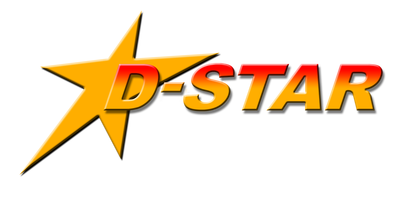

NXDN stands for Next Generation Digital Narrowband, and is an open standard for public land mobile radio systems; that is, systems of two-way radios (transceivers) for bidirectional person-to-person voice communication. It was developed jointly by Icom Incorporated and Kenwood Corporation as an advanced digital system using FSK modulation that supports encrypted transmission and data as well as voice transmission. Like other land mobile systems, NXDN systems use the VHF and UHF frequency bands. It is also used as a niche mode in amateur radio..
You Can Find Us On Reflector 31226
Project 25 (P25 or APCO-25) is a suite of standards for interoperable digital two-way radio products. P25 was developed by public safety professionals in North America and has gained acceptance for public safety, security, public service, and commercial applications worldwide. P25 radios are a direct replacement for analog UHF (typically FM) radios, but add the ability to transfer data as well as voice, allowing for more natural implementations of encryption and text messaging. P25 radios are commonly implemented by dispatch organizations, such as police, fire, ambulance and emergency rescue service, using vehicle-mounted radios combined with handheld walkie-talkie use.
TG 31226
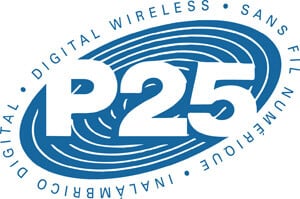
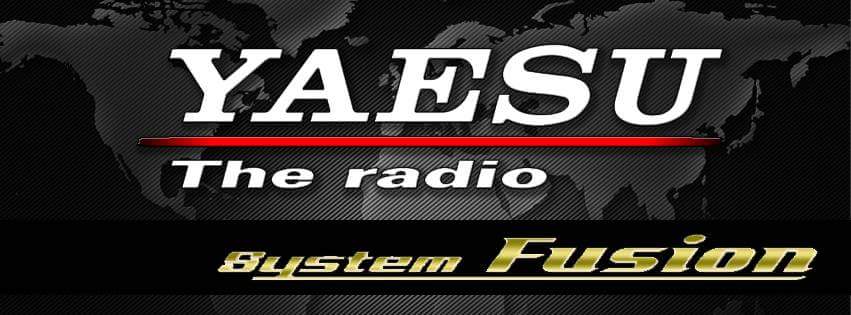
System Fusion is a digital communications mode for voice and data, including pictures. It utilizes a customized, yet open, C4FM FDMA standard.
C4FM stands for Continuous Four Level Frequency Modulation, which is a special type of 4FSK, which is used in conjunction with FDMA – Frequency Division Multiple Access. FDMA is the same mode that is used in P25 Phase 1 by public service groups, including Emergency Responders, but it’s not compatible.
You can find us on YSF(13908) or Reflector XLX(037)
EchoLink® software allows licensed Amateur Radio stations to communicate with one another over the Internet, using streaming-audio technology. The program allows worldwide connections to be made between stations, or from computer to station, greatly enhancing Amateur Radio’s communications capabilities. There are more than 350,000 validated users worldwide — in 159 of the world’s 193 nations — with about 6,000 online at any given time.
You can find us KE8ANE-R or KB3CAY-R
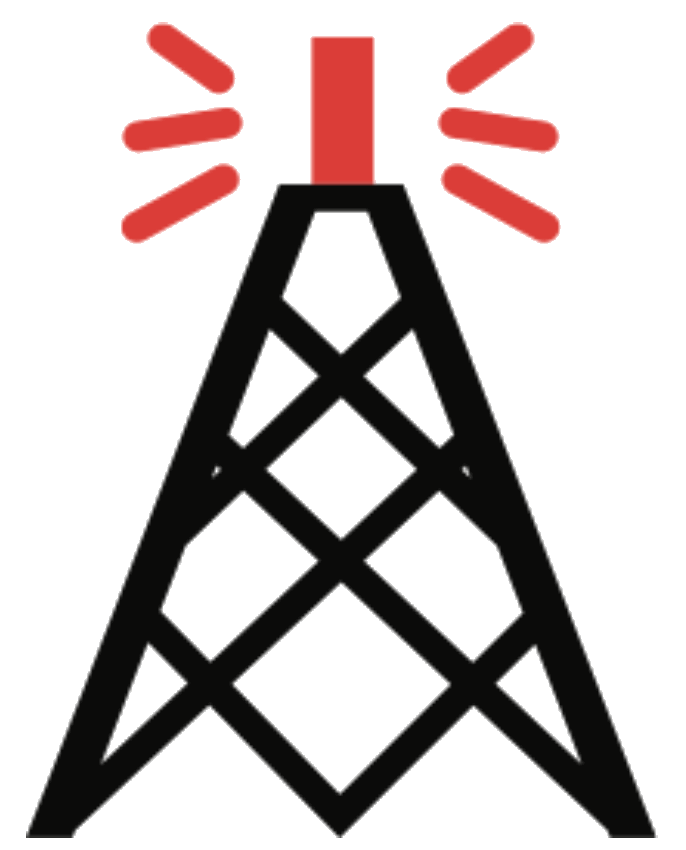
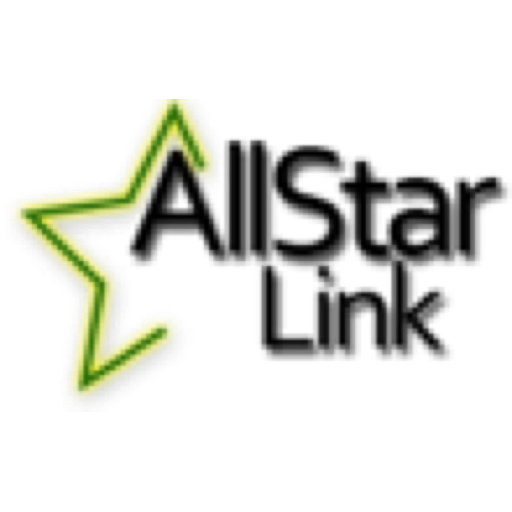
AllStarLink is a network of Amateur Radio repeaters, remote base stations and hot spots accessible to each other via Voice over Internet Protocol. AllStarLink runs on a dedicated computer (including the Rasperry Pi) that you host at your home, radio site or computer center. It is based on the open source Asterisk PBX running our app_rpt application. App_rpt makes Asterisk a powerful system capable of controlling one or more radios. It provides linking of these radio “nodes” to other systems of similar construction anywhere in the world via VoIP.
AllStarLink’s primary use is as a dedicated computer node wired to your repeater or radio. Connections from Echolink, other VoIP clients and telephone calls are supported.
AllStarLink has 26,192 users and 25,327 nodes.
Connect with Node #507352